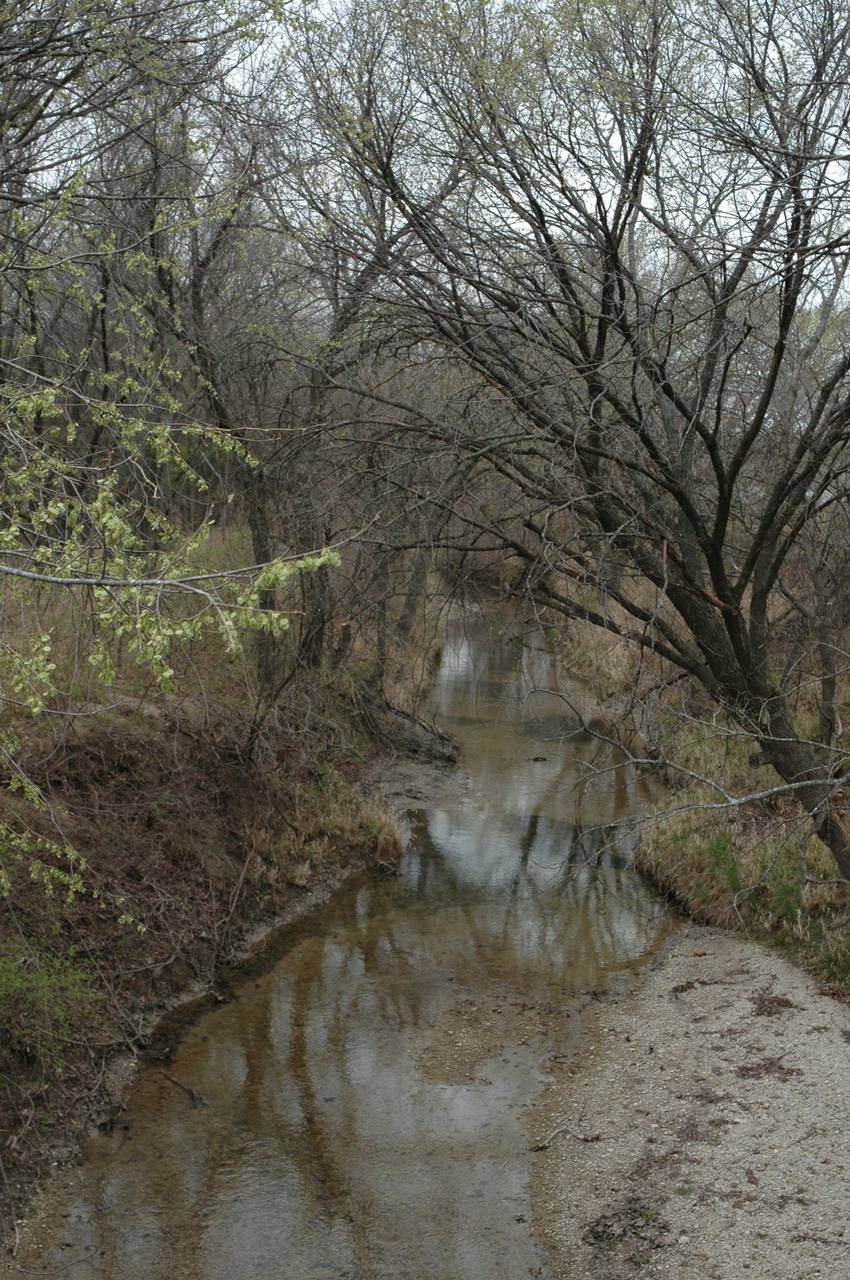January 26, 2016

In many cases, state laws likely have the most impact on which agricultural practices may trigger water pollution regulations; still, a number of federal programs hinge on compliance with federal environmental law.
Last year’s agricultural law outlook article foresaw the final version of a “Waters of the United States (WOTUS) Rule” being released by the U.S. Environmental Protection Agency (EPA) and the U.S. Army Corps of Engineers (USACE) in early- to mid-2015 to address a significant gap in those federal laws. Although a final rule was indeed released, the fate of that rule is far from final.
The federal Clean Water Act (CWA) prohibits the “discharge” of any “pollutant” to a water of the United States without a permit. However, the CWA does not define “waters of the United States.” The WOTUS rule was meant to provide an updated definition of the term and to add more clarity to what was and was not considered a water of the United States.
For the latest on southwest agriculture, please check out Southwest Farm Press Daily and receive the latest news right to your inbox.
Before it was ever issued, though, the WOTUS rule was the subject of immense controversy. Numerous farm groups led campaigns against the proposed rule, including American Farm Bureau Federation’s “Ditch the Rule” campaign.
The EPA responded with the rather unusual step of launching its own social media campaign in support of the rule, entitled “Ditch the Myth,” and changed the name of the rule to “the Clean Water Rule.” The controversy generated significant interest in the rule, with over 1.1 million official written comments submitted on the rule.
Despite continuing pressure from Congress to reconsider the rule entirely, the EPA and Corps of Engineers released their final rule in the Federal Register June 29, 2015, with an effective date of August 28, 2015.
U.S. economy 2016: Major uncertainty for farmers
House joins Senate move to nullify WOTUS rule
CHALLENGED IN COURT
The rule was immediately contested in a number of court cases. On August 27, 2015 (a day before implementation), the North Dakota federal district court issued an injunction blocking implementation of the rule, though the EPA took the position that the case applied only to the 13 states joined in that particular case.
The issue was soon rendered moot, with an opinion October 9, 2015, from the U.S. Court of Appeals for the Sixth Circuit blocking the rule nationwide.
While the courts continue to determine whether the current rule can survive, the controversy over the rule’s development continues to grow. Documents released August 2, 2015, by the House Committee on Oversight and Government Reform, revealed sharp divides among the EPA and Corps of Engineers staff about the analysis that went into the rule development.
Schedules obtained by the media under a Freedom of Information Act request also reveal numerous conversations between Secretary of Agriculture Tom Vilsack and EPA Administrator Gina McCarthy, which has added to the controversy over the rule’s development process.
For now, agricultural producers are left with the rules that were in place prior to August 28, 2015, which still leave considerable questions about what is, and is not, a “water of the United States.”
You May Also Like




